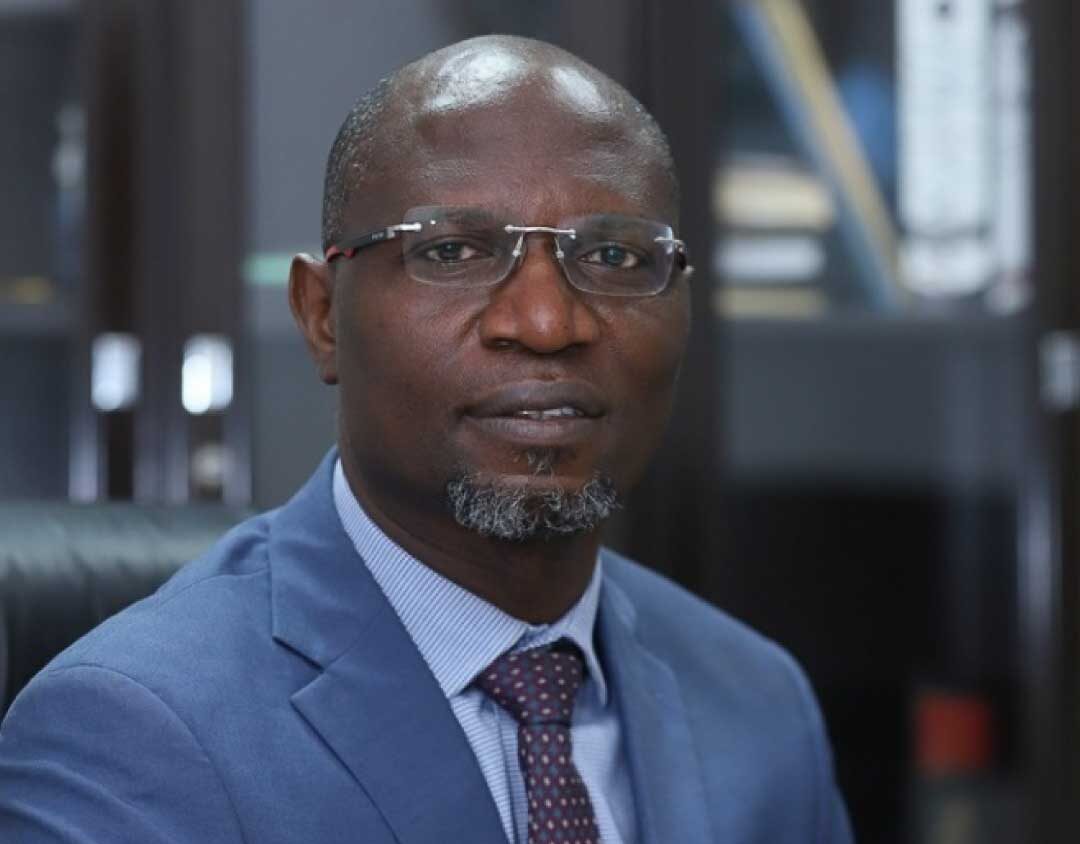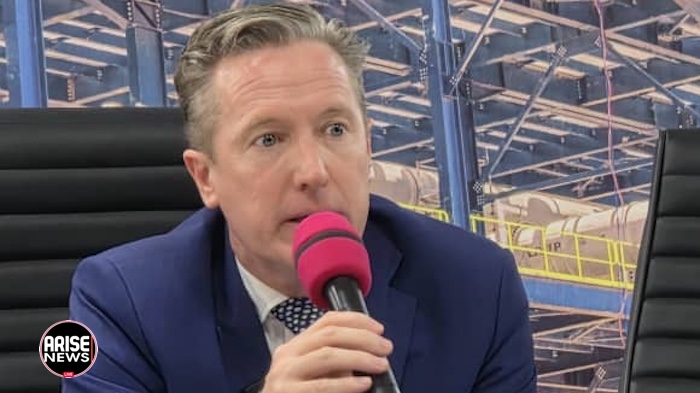
The Securities and Exchange Commission (SEC) has announced plans to transition Nigeria’s capital market from a T+3 to a T+2 settlement cycle, a move aimed at improving market efficiency, reducing systemic risks, and deepening investor confidence.
The Director-General of the SEC, Emomotimi Agama, disclosed this during a Trade Associations Roundtable themed “Ensuring Stakeholder Readiness for T+2 Settlement” held on Wednesday in Abuja.
Agama described the transition as a major milestone in Nigeria’s journey toward aligning its capital market operations with international best practices, noting that the reform would make the market more competitive, resilient, and attractive to investors.
“A shorter settlement cycle is a hallmark of a mature, dynamic, and competitive market. It reduces counterparty risk and market exposure, the less time between trade execution and final settlement, the lower the potential for defaults to ripple through the system,” he said.
The SEC boss explained that the T+2 framework would enhance market liquidity by ensuring faster settlement and returning capital to investors more quickly, enabling reinvestment and greater trading activity.
“It aligns our market with international standards, enhances our attractiveness to foreign investors, and reinforces Nigeria’s position as a key player in the global financial arena. Ultimately, a more efficient and safer settlement system strengthens investor confidence,” he added.
Agama noted that while several advanced economies are already moving toward T+1 settlement cycles, Nigeria’s shift to T+2 is a strategic step forward to maintain global relevance.
“The global financial landscape is constantly evolving, driven by technology and investor demand for efficiency. The transition to T+2 is a strategic imperative to keep our market competitive and future-ready,” he said.
He emphasised that the success of the transition would depend on the collective readiness of market participants, including brokers, custodians, clearing houses, and investors.
> “Your readiness and that of your members is the single most important determinant of our success. This requires recalibrating back-office operations, upgrading technology systems, and streamlining settlement processes,” he said.
Agama assured stakeholders that the SEC would work closely with trade associations, market operators, and Financial Market Infrastructures such as the Nigerian Exchange Limited (NGX) and the Central Securities Clearing System (CSCS) to ensure a seamless transition.
He added that the Commission would intensify investor education and awareness campaigns to help stakeholders understand the benefits and operational implications of the new settlement cycle.
> “The move to T+2 is a necessary leap forward for the Nigerian capital market. It’s a testament to our collective ambition to build a market that is efficient, resilient, and globally competitive,” Agama said.
He urged market players to engage constructively and collaboratively to identify potential bottlenecks, share best practices, and create a clear roadmap for implementation, reaffirming the SEC’s commitment to providing the regulatory support needed for success.
Agama described the shift to T+2 as a “resounding step toward efficiency and global competitiveness”, positioning Nigeria’s capital market for sustained growth and stronger investor trust.



